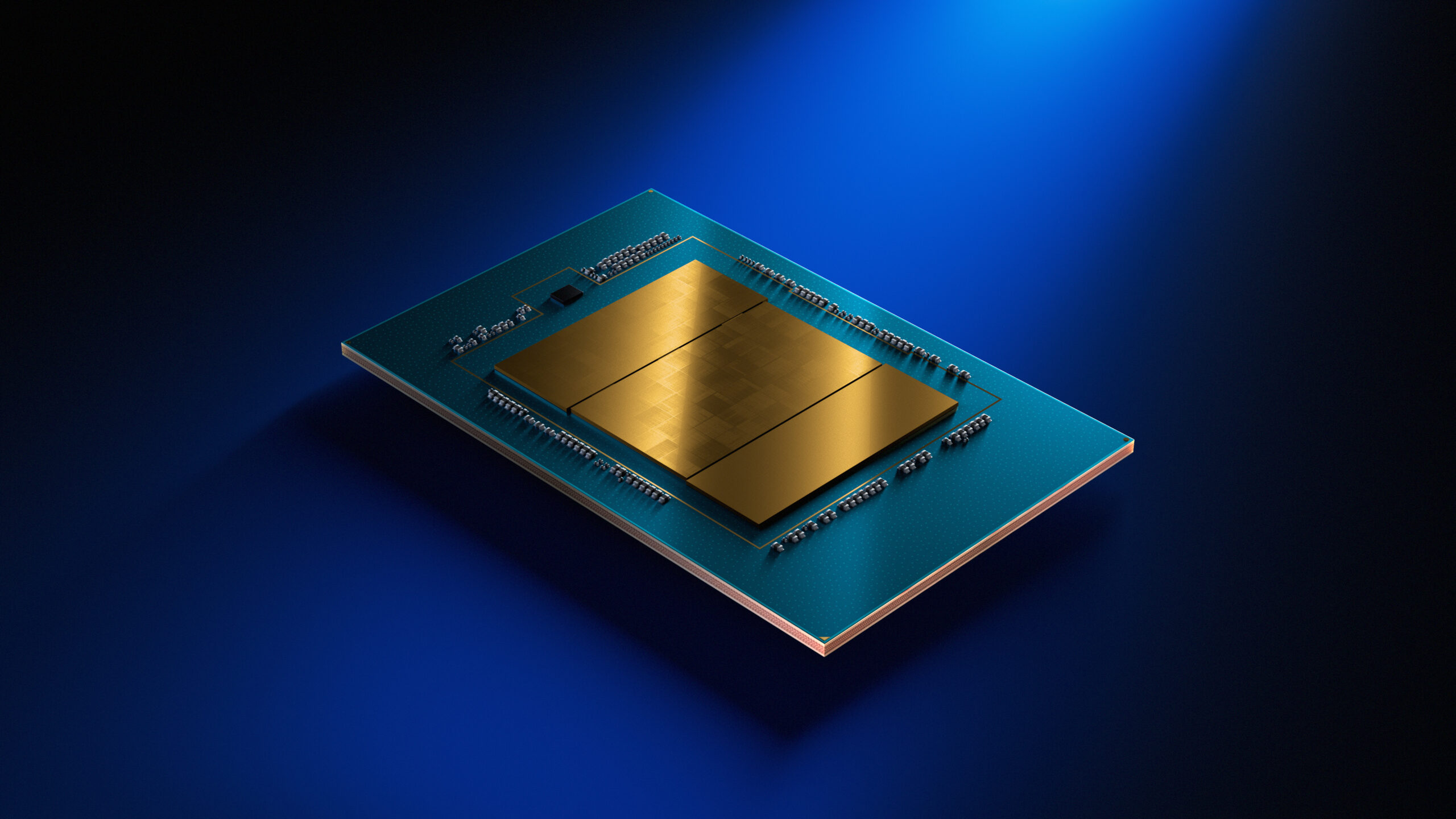Chinese researchers develop silicon-free transistor technology, claimed to be fastest and most efficient ever - here's what we know
New 2D chip breakthrough may crush silicon chips forever

Sign up for breaking news, reviews, opinion, top tech deals, and more.
You are now subscribed
Your newsletter sign-up was successful
- Peking University transistor could outperform Intel, TSMC, and Samsung’s top silicon chips
- Full gate coverage boosts speed and cuts energy use in breakthrough Chinese transistor design
- China may have just leapfrogged US chip tech with this silicon-free transistor innovation
Chinese researchers at Peking University have announced what seems like a breakthrough in transistor design, which if commercialized, could dramatically shift the direction of microprocessor development.
The team created a silicon-free transistor based on a two-dimensional material, bismuth oxyselenide.
The innovation hinges on the gate-all-around (GAAFET) architecture, where the transistor’s gate wraps completely around the source. Traditional FinFET designs, which dominate current silicon-based processors, only allow partial gate coverage. This full-wrap structure enhances the contact area between the gate and the channel, improving performance by reducing energy leakage and enabling better current control.
Could this mark the end of silicon chips?
Published in Nature Materials, the paper suggests that the new 2D GAAFET could rival or even surpass silicon transistors in both speed and energy efficiency.
The researchers claim their 2D transistor achieves speeds 40% faster than Intel’s latest 3nm chips while using 10% less power, performance which would place it ahead of current processors from TSMC and Samsung.
The partial gate coverage in traditional designs limits current control and increases energy loss. The new full-gate structure addresses these issues, resulting in high voltage gain and ultra-low power usage. The team has already constructed small logic units using the new design.
“It is the fastest, most efficient transistor ever,” said Peking University. These claims are supported by tests conducted under identical conditions to those used for leading commercial chips.
Sign up to the TechRadar Pro newsletter to get all the top news, opinion, features and guidance your business needs to succeed!
“If chip innovations based on existing materials are considered a ‘shortcut,’ then our development of 2D material-based transistors is akin to ‘changing lanes,’” said Professor Peng Hailin, the project’s lead scientist.
Unlike the vertical structures of FinFETs, the new design resembles interwoven bridges. This architectural shift may overcome miniaturization limits faced by silicon technology, especially as the industry pushes below the 3nm threshold. It could also benefit the fastest laptops that require such compact chips.
The team developed two new bismuth-based materials: Bi₂O₂Se as the semiconductor and Bi₂SeO₅ as the gate dielectric.
These materials feature low interface energy, reducing defects and electron scattering.
“This allows electrons to flow with almost no resistance, like water through a smooth pipe,” Peng explained.
The performance results are backed by density functional theory (DFT) calculations and validated through physical tests using a high-precision fabrication platform at PKU.
The researchers claim the transistors can be manufactured using current semiconductor infrastructure, simplifying future integration.
You might also like
- Harnessing Generative AI: five essential steps for responsible integration
- These are the best business laptops available to buy right now
- And you should take a look at the best office chairs we've tried

Efosa has been writing about technology for over 7 years, initially driven by curiosity but now fueled by a strong passion for the field. He holds both a Master's and a PhD in sciences, which provided him with a solid foundation in analytical thinking.
You must confirm your public display name before commenting
Please logout and then login again, you will then be prompted to enter your display name.